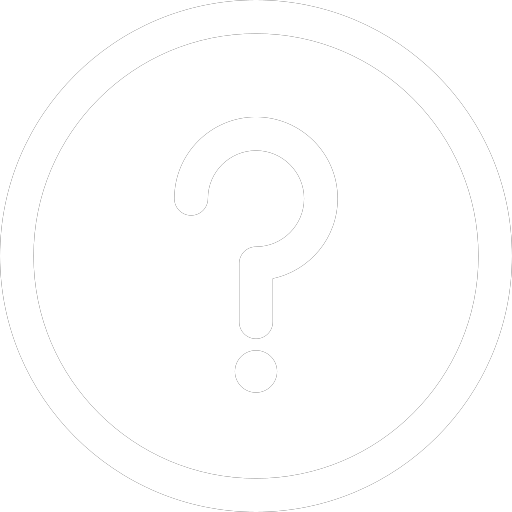Keeping our sewers healthy
South Australians, we know what you’re flushing. Wet wipes, condoms, tampons, tissue… The list goes on!
All of these items don’t belong in our sewer network, so we need your help to keep our sewers healthy and limit the number of blockages and overflows. More than two-thirds of all overflows actually occur inside a customer’s property, so you’re doing yourself a favour by checking your flushing habits!
In 2022-23, the ‘unflushables’ – a nasty group of objects like wet wipes, tissues and paper towels – were directly responsible for more than 3,500 blockages across our metropolitan Adelaide network.
You may have heard of the three Ps, but now it’s time for the four Ps – paper (toilet), pee, poo and products with PROOF they’ve passed the new Australian and New Zealand Flushable Products Standard, AS/NZS 5328:2022.
In May 2022, Standards Australia released this standard defining what products shouldn’t be flushed down the toilet, while outlining testing criteria for manufacturers to determine if certain products are suitable to be flushed.
The standard includes seven stages of testing as part of the certification process, such as clearing plumbing lines and breaking apart readily. Importantly, is also has requirements for clearer labelling so consumers know for certain whether a product is safe for flushing.
While some products are labelled as ‘flushable’, it’s likely they don’t meet the Australian and New Zealand Flushable Product Standard, and are therefore not suitable for our sewer network. When shopping for products, keep a watchful eye on the packaging and look for proof of certification to this new standard, to ensure what you’re putting down the loo is truly flushable.
When items other than the four Ps are flushed down the loo, they can easily become trapped in our sewer pipes. This causes a blockage, which can lead to overflows inside your home, yard or in your street, which can also impact on the local environment.
In the toilet
What you can flush
The four Ps:
- pee
- poo
- (toilet) paper.
- products with proof they’ve passed the Australian and New Zealand Flushable Products Standard, AS/NZS 5328:2022.
| What you can't flush | Where you can put it |
|---|---|
| Wet wipes that don’t meet AS/NZS 5328:2022 | General waste bin |
| Baby wipes | General waste bin |
| Tissues | Green/compost bin |
| Condoms | General waste bin |
| Tampons and pads | General waste bin |
| Hair | Green/compost bin |
| Nail clippings | Green/compost bin |
| Pet poo | Green/compost bin |
These unflushable items are not designed to easily break down in water – they get stuck in our pipes, tangled within tree roots in search of water, or collected at wastewater treatment plants and then taken to landfill. Wet wipes and feminine hygiene products account for around 90 per cent of materials removed from blocked sewers.
Learn more about which bin to put things in.
How to keep sewers healthy | ||
|
At the sink
Your flushing habits aren’t the only cause of blockages and overflows – what you’re rinsing has also got us wincing!
What you can rinse/drain:
- washing up water
- plates and dishes with large scraps scraped off
- use a sink strainer basket to catch the large scraps and put these in the compost or general waste bin.
| What you can't rinse | Where you should put it |
|---|---|
| Cooking oil | Small quantities – soak with a paper towel and put in the green/compost bin Large quantities – put in a plastic container or jar with a lid and then in the general waste bin |
| Coffee grounds | Green/compost bin |
| Tea leaves/tea bags | Green/compost bin |
| Egg whites | Green/compost bin (can be frozen and then added to the bin |
| Cereal scraps | Green/compost bin |
| Pasta | Green/compost bin |
| Fats | Let them solidify and then scrape into the green/compost bin |
It’s important not to treat your kitchen sink, and other drains such as in your shower, like a bin. Cooking fats, greases and oils must not be put down the drain, as they build up and congeal in your internal pipework and our sewer pipes. They also stick like glue to bind other types of ‘unflushables’ like wet wipes, eventually causing a blockage that will send everything in the pipes back up. Instead, you should let them cool and then put them in your bin.
As well as creating foul-smelling odours in the pipes, fats and oils discourage the growth of the naturally-occurring good bacteria needed in the treatment process at our wastewater treatment plants.
Learn more about which bin to put things in.
Outdoor drains
Some outdoor drains in your garden go into the sewer, just like your kitchen sink, shower and bath, or your local council's storm water network. The list above also applies to outdoor drains.
Learn more about which bin to put things in.
Smart technology and our sewer cleaning program
Our targeted sewer cleaning program sees us travel around South Australia to clean the 9,000 kilometres of sewer network.
We are trialling smart wastewater technology in several targeted Adelaide suburbs, with smart sensors providing us with data to monitor sewage levels and proactively maintain the network to prevent a pipe blockage.

